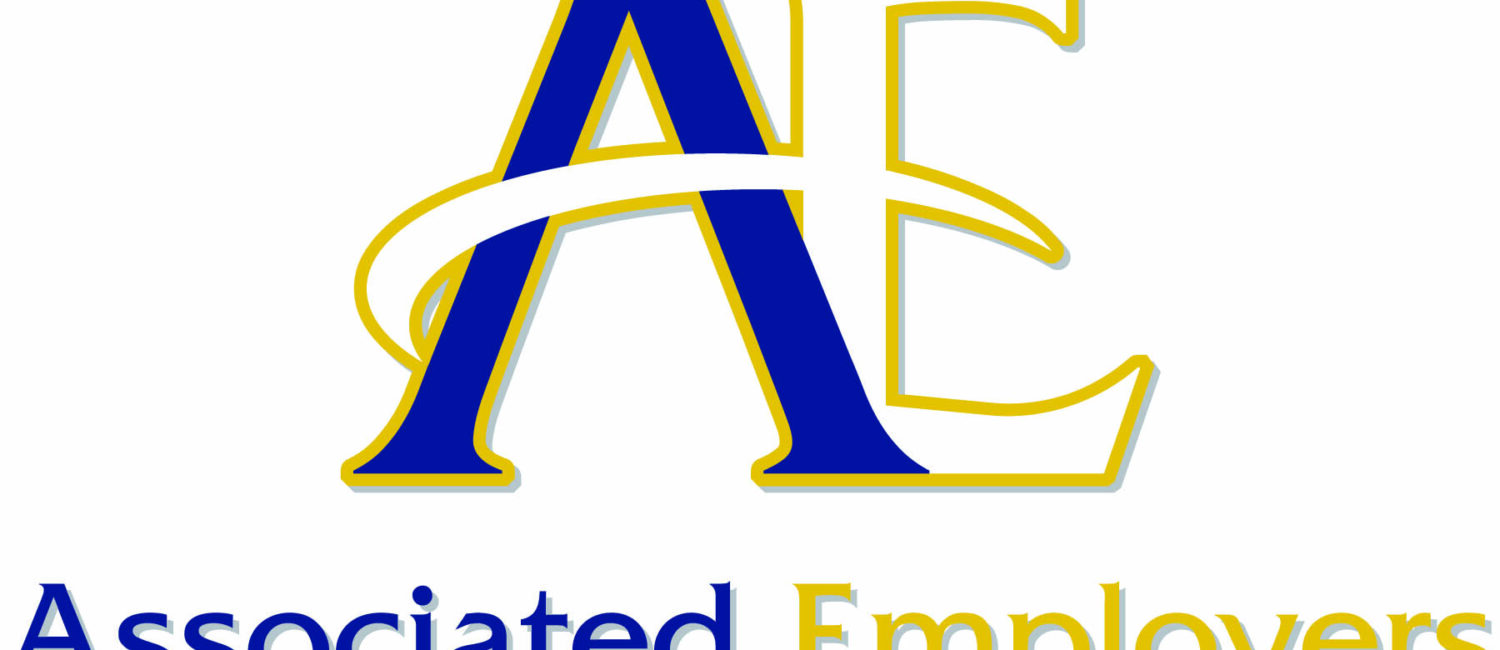By Bethany Williamson
Workplace investigations are sticky business, no way around it. They are also a necessary piece of due process in Montana and in other states to show due diligence should there be a lawsuit arising from the issue. What kinds of things are you relatively safe handling on your own and when should you call for outside help?
Things fairly easily overseen in-house would be investigating conflict between employees, accident investigations, fact checking performance issues or investigating claims of poor treatment between employees. These are smaller investigations which require an HR associate to ask questions to those involved and seek to find out the truth behind an incident or complaint. If you are a small enough business that you do not have an HR associate or anyone in your organization that can be unbiased and has the skills to tackle these smaller issues, you can still seek outside assistance.
Here are four factors to help you decide who should oversee a workplace investigation:
- The nature of the issue is the first consideration. When you hear words like harassment, discrimination, sexual harassment or retaliation from an employee, those key words lead to investigation and you are best served by having a third party lead the investigation process. Outside investigators are unbiased, trained in how to manage sensitive issues, and are in the business of seeking truth and facts. Attorneys are quick to advise companies faced with these sensitive complaints to have an outside group perform the investigation. An outside party gives the investigation immediate legitimacy since the investigators are not employees who might be seeking an outcome to solely benefit the company.
- Another consideration is who is the complaint against and who would you be investigating. If the complaint is against a CEO, an owner, or other senior leaders, having an internal investigation can viewed by employees as immediately biased. If the person I am investigating also signs my paycheck, how unbiased can I truly be? This is where a third party again has the advantage. Employees will see the investigation as being more equitable and the company can avoid conflict of interest accusations.
- The final two considerations are based on who you have to perform an internal investigation. If you do not have anyone in your company with training or experience in executing an unbiased investigation it is always best to not wing it, call in a third party.
- If you have an HR department with experienced professionals, is a potentially lengthy investigation something they can manage with all of their other duties? A thorough investigation can take weeks to complete with interviews, evaluation of statements, evaluation of other evidence presented and the compilation of a report on findings. Even the most seasoned HR professionals know that there are issues not even they should investigate, you call someone outside the organization to conduct the investigation.
If you have an issue come up, evaluate the complaint based on the criteria above to help guide you in your decision on conducting an investigation. It is sticky, but AE is here to help you to get through it all!
Visit Website





